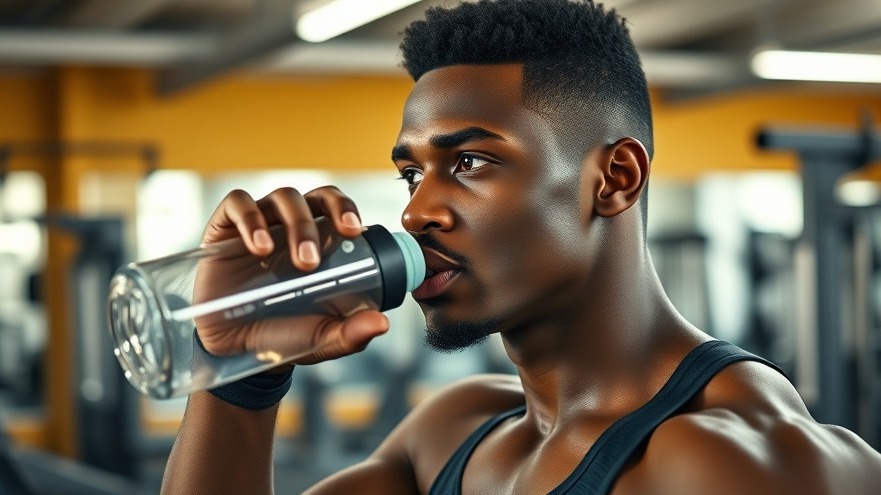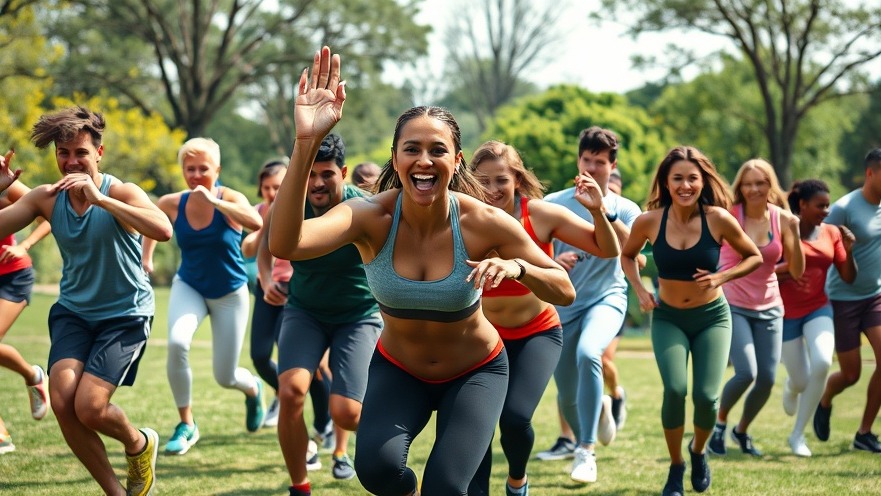
Hydration Isn't Just About Water, Especially In The Heat
As late spring rolls into summer and temperatures rise across Central Ohio, staying hydrated becomes more than a wellness tip—it’s a necessity. While most people think of hydration as simply drinking enough water, the truth is it goes deeper. Electrolytes are just as important, especially if you’re exercising or spending time outdoors in the heat. They help your body absorb fluids and keep everything from your muscles to your brain working properly.
The Everyday Hydration Routine
Daily hydration should begin with a solid foundation. It's recommended that adults drink at least 80 ounces of water every day. This doesn’t just apply in the heat; it’s a routine to adopt year-round. On hot days, however, the need increases significantly. To maintain good hydration levels, always drink water before, during, and after workouts. A simple yet effective tip is to weigh yourself before and after exercising. The weight lost during the workout largely represents water loss in your body. Plus, replenishing this fluid loss quickly will help you recover and keep your performance levels high.
Understanding the Role of Electrolytes
Why exactly do we need electrolytes? They are minerals in our body that carry an electric charge, playing an essential role in numerous bodily functions, including muscle contraction and nerve function. When we sweat, we lose not just water, but vital electrolytes that need to be replenished. Sources of electrolytes are plentiful in foods, and knowing where to find them can significantly aid your hydration efforts. Sometimes, however, our diets may not provide enough; that's where supplements come in handy.
Top Whole Food Sources of Electrolytes
Incorporating electrolyte-rich foods into your diet can be both enjoyable and beneficial. Here are some compelling options you can consider to help maintain your electrolyte balance:
1. Bananas: Often hailed as the quintessential snack for athletes, bananas are high in potassium. One medium banana contains about 400 mg of potassium, essential for muscle function and helping to prevent cramps during exercise.
2. Spinach: This leafy green isn't just low-calorie; it's packed with magnesium, potassium, and calcium. Spinach supports muscle and nerve health, blood glucose control, and overall hydration.
3. Avocados: Rich in potassium and magnesium, avocados stand out with approximately 975 mg of potassium per fruit—more than double that of a banana. Including these creamy fruits in salads or smoothies boosts not only taste but hydration, too.
4. Sweet Potatoes: A delicious carbohydrate source, sweet potatoes can provide significant amounts of potassium, which is crucial for muscle function and recovery.
Hydration Strategies for Active Days
So, what strategies can you use to keep hydrated and energized? Firstly, plan ahead. Always carry a water bottle and sip frequently, even if you're not thirsty. Sports drinks can occasionally help after intense workouts, but be mindful of their sugar content. For everyday hydration, electrolytic beverages, especially those low in sugar, can create a balance without excessive calorie intake.
The Broader Picture: Collective Wellness
Understanding hydration's role in wellness isn't solely about individual health; it's a community effort. Schools, gyms, and local health organizations can promote hydration awareness through workshops or events. Engaging in discussions on hydration doesn't just help individuals; it strengthens communal health practices.
Conclusion: Actively Hydrate for Healthier Living
As Central Ohioans embrace the summer, being proactive about hydration is paramount. Knowing how to balance water intake with electrolytes can significantly improve your daily performance and well-being. Remember, summer is meant for enjoying outdoor activities, so keep these tips in mind, drink plenty of water, consume those delicious whole food electrolytes, and you’ll be well on your way to a healthier summer.
 Add Row
Add Row  Add
Add 


 Add Row
Add Row  Add
Add 

Write A Comment